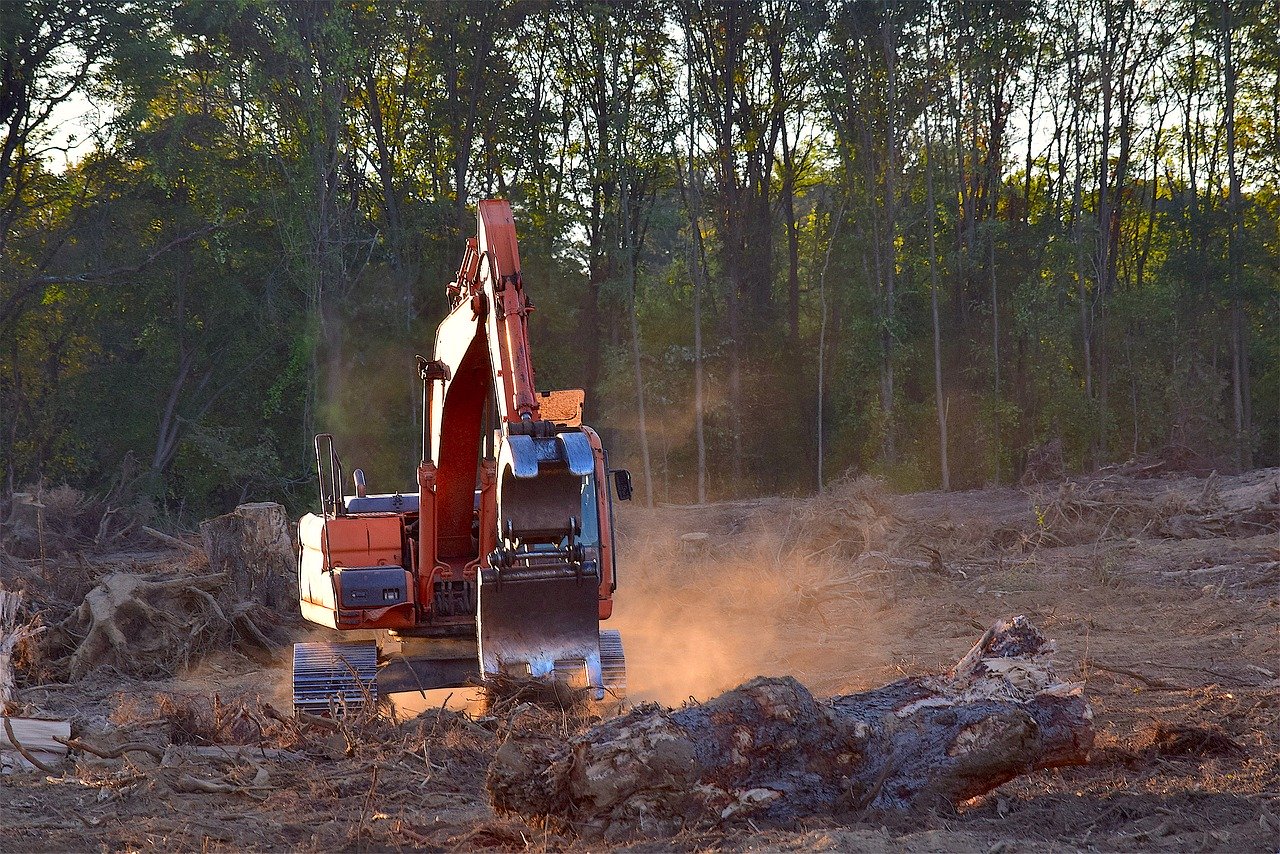
Big firms could be banned from using products grown on land that was deforested illegally under a new law being proposed by the UK government.
Under the proposals, published by the Department for Environment, Food and Rural Affairs (Defra) today, larger businesses operating in the UK would be required to carry out due diligence on their supply chains.
This would mean publishing information to show where key commodities – including rubber, soil and palm oil – came from and that they were produced in line with local laws protecting forests.
Firms would face fines if they fail to comply. The government said the size of the fine will be set at a later date.
International Environment Minister Lord Goldsmith said: “We have all seen the devastating pictures of the world’s most precious forests being cleared, often illegally, and we can’t afford not to act as a country. There is a hugely important connection between the products we buy and their wider environmental footprint, which is why the government is consulting today on new measures that would make it illegal for businesses in the UK to use commodities that are not grown in accordance with local laws.
“Ahead of hosting the UN Climate Change Conference next year, the UK has a duty to lead the way in combating the biodiversity and nature crisis now upon us.”
Today’s move follows the establishment of Government’s independent taskforce – the Global Resource Initiative (GRI) – formed in 2019 to consider how the UK could ‘green’ international supply chains and leave a lighter footprint on the global environment by slowing the loss of forests.
Sir Ian Cheshire, the chair of the independent taskforce, said: “Every day, British consumers buy food and other products which are contributing to the loss of the world’s most precious forests.
“We need to find ways of reducing this impact if we are to tackle climate change, reduce the risks of pandemics and protect the livelihoods of some of the poorest people in the world.”
However, Greenpeace UK (@greenpeace) campaigner Elena Polisano said that the proposal “is seriously flawed”, adding: “We’ve all seen the way [Brazilian] president [Jair] Bolsonaro has championed the expansion of agriculture in Brazil at the expense of the Amazon rainforest. There is also nothing to address the fact that some commodity producers may have one ‘sustainable’ line but continue to destroy forests elsewhere, which just shifts the problem into someone else’s backyard.”
Deforestation accounts for about 11% of global greenhouse gas emissions and customers are increasingly concerned about the links between food and illegal deforestation, especially in the Amazon.
An area equivalent to 88% of the UK’s land area was required each year to satisfy the UK’s demand for agri-food commodities from 2016 to 2018, according to a recent report by the WWF.
Mike Barrett, executive director of science and conservation at WWF-UK (@wwf_uk), added: “It’s clear businesses and consumers don’t want imports that wreck the planet, drive deforestation in areas like the Amazon and lead to devastating fires.
“The government must now fast-track strong, effective laws, that clean up our supply chains and show the UK can take the lead in tackling the global nature and climate crisis.”
 If you were interested in this bioeconomy story, you may also be interested in the below story
If you were interested in this bioeconomy story, you may also be interested in the below story
Read: Forest-based biomass industry: Where are we today and where are going tomorrow?
Read: Danish researchers eye clover grass-based protein to replace soybean meal
Read: Spotlight on feedstocks: Arbiom’s wood-to-food technology platform
Read: 5 Minutes With…. Emily Glenn of Arbiom.
Read:Forest-based biomass industry: Where are we today and where are going tomorrow?





